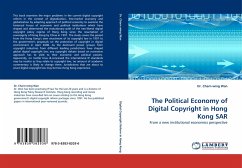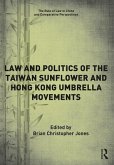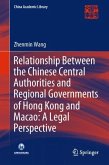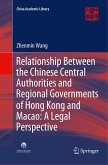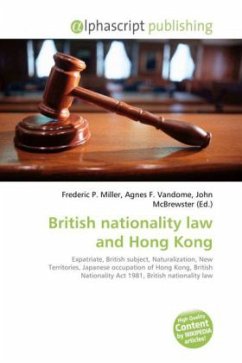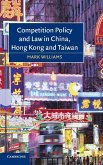Ever since it was first known that Hong Kong would become China's "Special Administrative Region," there has been growing concern over the protection of the freedom of the press in this oriental city. The anxiety is, however, not confined to the fear that the new sovereign might rule Hong Kong under an iron fist. Rather, many believe that the locals are apparently surrendering their freedom by practicing self-censorship, a mechanism of anticipatory avoidance of sanctions. This book asks: what does self-censorship mean to Hong Kong at the time of political and historical juncture? It argues that self-censorship is a strategic game of coordination when both the ruler and the subjects are making use of the fluid boundaries in local and international politics. Rich in anecdotes, historical details and legal analysis, this book depicts the game of Chuin shadow-boxing where promises, threats and bluffs are exchanged.Winning, for either side, calls for the skilful manipulation of voice and silence at all levels.
Hinweis: Dieser Artikel kann nur an eine deutsche Lieferadresse ausgeliefert werden.
Hinweis: Dieser Artikel kann nur an eine deutsche Lieferadresse ausgeliefert werden.


